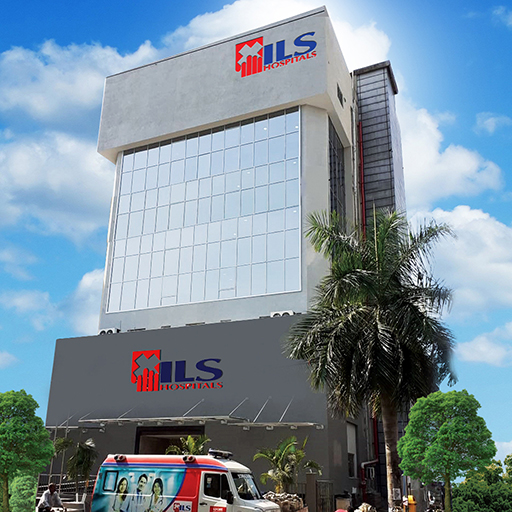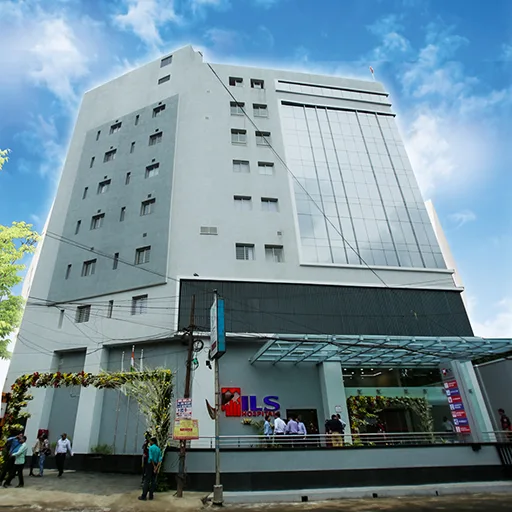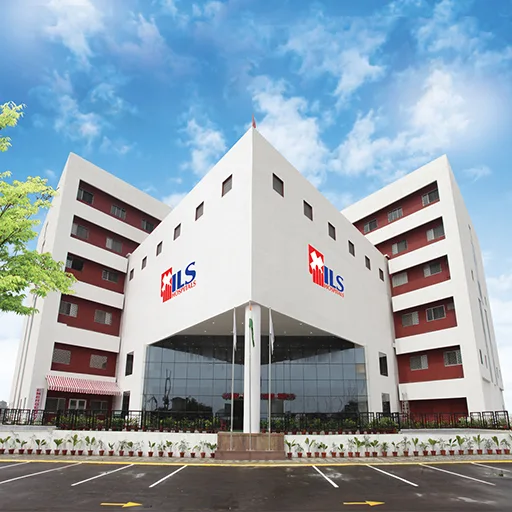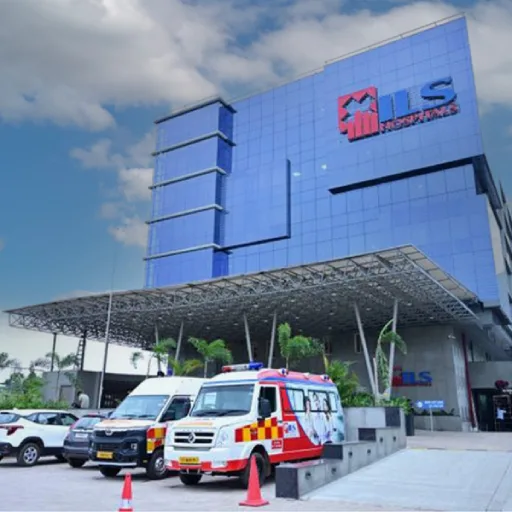ILS Hospitals: Providing Excellence in Kidney Surgery and Care
At ILS Hospitals, we understand the critical role that kidneys play in your overall health. When a radical nephrectomy, which involves the complete removal of a kidney and additional structures, is necessary, our dedicated team of experts is here to ensure that you receive the highest level of care and support.
Indications for Kidney Removal Surgery
The most common reason for performing a radical nephrectomy is the removal of cancerous kidneys. However, there are other kidney diseases that can significantly damage this vital organ.
Diagnosing Kidney Cancer
Diagnosing kidney cancer involves a thorough medical history review and physical examination. Our medical professionals carefully examine the abdomen for signs of swelling or lumps. In men, we may also check for an enlarged, twisted vein in the scrotum, known as varicocele.
Diagnostic tests for kidney cancer include:
- Urinalysis: This test reveals signs of blood, cancer cells, and other abnormalities in a urine sample.
- Complete Blood Count (CBC): A CBC can identify conditions like polycythemia, characterized by a high red blood cell count. Kidney cancer can cause polycythemia due to the kidney’s role in red blood cell production.
- Blood Chemistry Tests: These tests assess kidney function by analyzing specific molecules in the blood, such as liver enzymes and calcium.
- Abdominal and Kidney Ultrasound: An abdominal ultrasound determines the size and shape of kidney cancer.
- Renal CT Angiography: This diagnostic technique allows for a detailed examination of the kidney’s blood supply, helping identify tumors.
- CT Scan of the Abdomen: This imaging method is used to assess cancer spread and impact on bones, muscles, organs, and blood vessels.
Tests to determine if kidney cancer has spread may include MRI, bone scans, PET scans, and chest CT scans. Once these tests are completed, if the surgeon deems complete kidney removal necessary, a radical nephrectomy is recommended. The decision between a partial or radical nephrectomy is influenced by factors such as cancer confinement, tumor quantity, affected kidney portion, infiltration of nearby tissues, and the condition of the other kidney.
Kidney Cancer Treatment Options
Radical nephrectomies can be performed using “open,” “laparoscopic,” or “robotic” techniques:
- Open Radical Nephrectomy: This procedure involves a single abdominal incision and is reserved for large tumors and cases involving adjacent structures or venous thrombosis.
- Laparoscopic Radical Nephrectomy: Performed through small incisions, laparoscopic surgery utilizes a laparoscope with a tiny camera. When it’s time to remove the kidney, one of the incisions is expanded.
- Robotic Radical Nephrectomy/Robotic Partial Nephrectomy: Robotic surgery combines advanced technology with precision and minimal invasiveness.
Lymph node removal and adrenal gland removal may be necessary based on the disease’s extent. Adrenal gland removal (adrenalectomy) is considered if the tumor has spread to this vital gland.
Identifying Candidates for Kidney Removal Surgery
The primary goal of any surgical procedure is to remove the damaged portion of an organ while preserving the healthy part. The same principle applies to radical nephrectomy. However, partial nephrectomy isn’t always feasible. A patient is a suitable candidate for radical nephrectomy if their kidney is severely damaged and nonfunctional, and their other kidney is in excellent condition. While partial nephrectomy, which preserves kidney function, is preferred in many cases, radical nephrectomy may be recommended for older patients (aged 70-80) due to the risk of significant blood loss in the latter procedure.
Who Should Avoid Kidney Removal Surgery
Avoiding radical nephrectomy is advisable in the following situations:
- A patient has only one healthy kidney, where partial nephrectomy is preferred.
- A patient suffers from bleeding disorders such as hemophilia.
- A patient has decompensated heart failure or uncontrolled diabetes mellitus.
- A patient is on anticoagulation medication.
Preparation for Kidney Removal Surgery
Before scheduling the surgery, patients should address any concerns with their surgeon, including the type of nephrectomy (partial or radical) or whether laparoscopic or robotic techniques are suitable. Patients should also inquire about alternative treatment options.
Planning for a hospital stay is important. After a radical nephrectomy, patients typically stay in recovery for three to four days to ensure their stability.
Pre-Operative Tests for Kidney Removal Surgery
To ensure a safe surgery, various pre-operative tests may be performed, and patients may be evaluated by different medical departments. These tests help determine the patient’s readiness for surgery and address medication management, especially if the patient is taking blood-thinning or pain-relief medications like warfarin or aspirin.
Potential Complications of Radical Nephrectomy
Like all surgical procedures, radical nephrectomy carries certain risks, including bleeding, infection, injury to nearby organs, and other rare complications. These complications, if they occur, may require medical attention and treatment. It’s essential to follow post-operative care instructions diligently.
Recovery After Kidney Removal Surgery
The length of hospital stay varies based on the surgery’s outcome and any complications that may have arisen. Patients may temporarily have a urinary catheter in place for monitoring. After leaving the hospital, patients will receive detailed instructions on post-operative care, including dietary guidance, surgical wound care, and infection symptom recognition. While resuming light activities is encouraged, strenuous exertion or heavy lifting should be avoided for several weeks. Complete recovery may take up to six weeks, depending on individual circumstances and the ability to perform daily tasks. It’s important to protect the remaining kidney, especially for those involved in contact sports.
At ILS Hospitals, we prioritize patient care and safety in all surgical procedures, ensuring a smoother journey to recovery after radical nephrectomy.









































